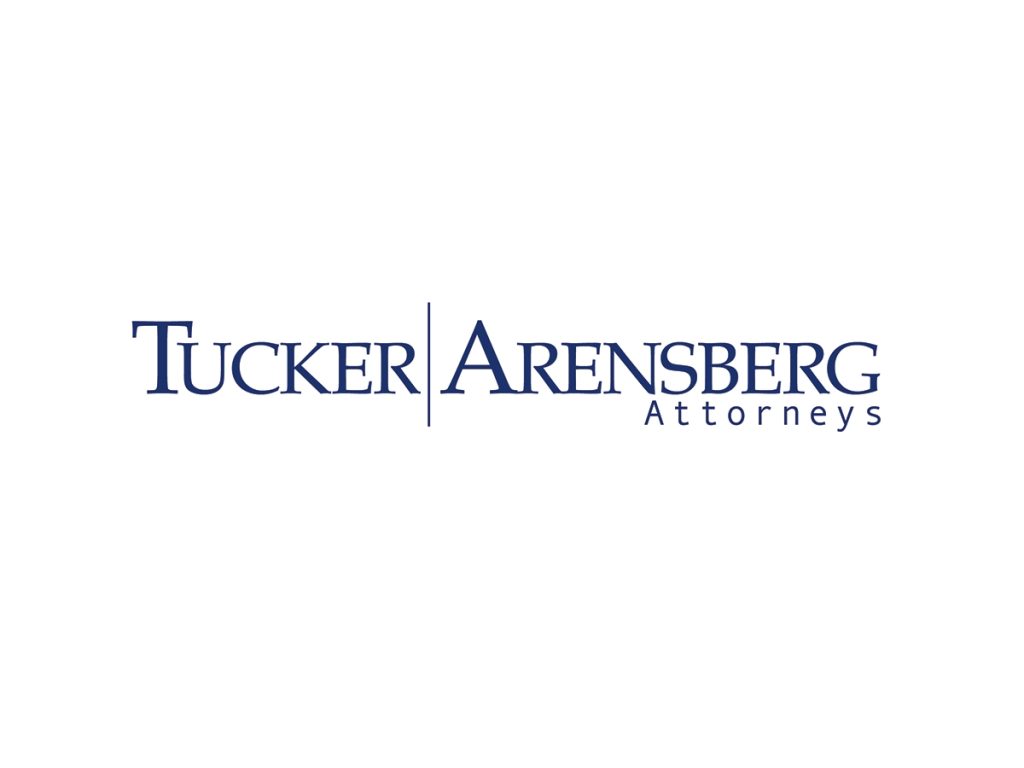[co-author: Hunter Rose Greenberg]
It’s typical to have provisions within the governing paperwork to your firm which ponder the dying and buyout of the house owners. Most frequently, these buyout obligations are funded by the acquisition of a life insurance coverage coverage on the house owners which might be payable to the corporate upon an proprietor’s dying. This broadly adopted planning technique has now been flipped on its head following the latest U.S. Supreme Courtroom willpower in Connelly v. United States.
The Courtroom in Connelly decided that for federal property tax functions the worth of an organization should embody life insurance coverage proceeds and isn’t offset by means of these proceeds to fund the buyout of the deceased proprietor. Relying on the worth of the life insurance coverage coverage, thousands and thousands of {dollars} might now be tacked onto the honest market worth of your organization, which means extra taxes and fewer cash to your family members.
Abstract – Connelly v. United States
In Connelly, two brothers owned everything of a small company. To maintain the corporate throughout the household, the brothers entered into shareholders’ agreements which contractually obligated the company to purchase again all shares owned by both brother once they died. In anticipation of protecting the buyout prices, the company took out a life insurance coverage coverage on every brother for $3.5 million. When one of many brothers died, the corporate redeemed his shares for $3 million.
Upon submitting a federal property tax return, the property reported the worth of the deceased brother’s shares based mostly on a good market worth (“FMV”) of the corporate at $3.86 million. The IRS disagreed with the reported valuation as a result of the property excluded the $3 million in life insurance coverage proceeds that the corporate used to redeem the brother’s shares. Accounting for the extra $3 million, the IRS discovered the property owed a whole bunch of 1000’s of {dollars} in extra taxes.
The property’s valuation
- FMV of firm = $3.86 million
- Worth of decedent’s shares = ($3.86 mil.) x (% of shares decedent owned)
The IRS’s valuation
- FMV of firm = $6.86 million
- Worth of decedent’s shares = ($6.86 mil.) x (% of shares decedent owned)
The property paid the extra quantity after which sued the IRS for a refund. The case made its solution to the Supreme Courtroom, which resolved “whether or not life-insurance proceeds that will probably be used to redeem a decedent’s shares have to be included when calculating the worth of these shares for functions of the federal property tax.”
The Courtroom held {that a} contractual obligation to redeem shares doesn’t offset the insurance coverage proceeds used to cowl the price of the buyback. Somewhat, these insurance coverage proceeds are belongings that contribute to the FMV of the corporate. First, the Courtroom reasoned that share redemption doesn’t affect the financial curiosity of an organization’s shareholders. Moreover, the Courtroom emphasised that an property tax is calculated based mostly upon how a lot the shares are value on the time of dying, not after. Making use of this precept to the moment case, the courtroom discovered that the worth of the corporate on the time of decedent’s dying was $3 million in insurance coverage proceeds + $3.86 million in different belongings. Lastly, the Courtroom asserted that “the fundamental mechanics of inventory redemption” set up that when an organization repurchases shares, the full worth of the corporate decreases whereas the remaining shareholders’ proportion of possession within the firm will increase. It isn’t attainable for an organization to have the similar worth each earlier than and after a buyback.
Sensible Recommendation
With the traditionally excessive federal property tax exemption quantities for 2024 ($13.61 million per particular person; double for married people), this ruling is unlikely to have an effect on the overwhelming majority of enterprise house owners. Nonetheless, these excessive ranges are set to run out on the finish of 2025 except extra laws is handed. Likewise, the ruling in Connelly might turn out to be an actual problem confronted by extra American enterprise house owners.


